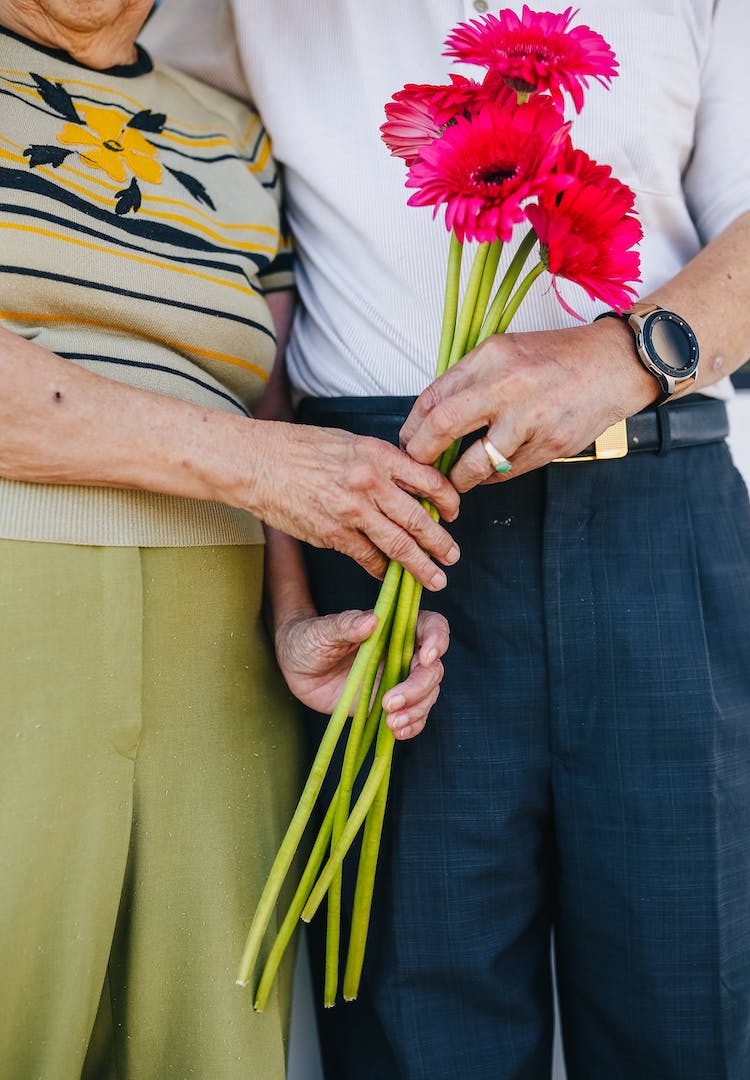Why does the group chat give me so much anxiety? I asked two experts
WORDS By Emily McGrorey
“My first reaction to any type of group chat notification is usually dread.”
A couple of months ago I found myself defending my participation, or lack thereof, in a particular group chat. It was just a bit of banter between friends surrounding my recent radio silence, which anyone who’s in a group chat with me will tell you is nothing new. But when I blurted out “It just gives me so much anxiety,” I realised – perhaps for the first time – that this is the reason I’m so rubbish at it.
Being an anxious person makes it difficult to pinpoint specifically where this underlying sense of unease comes from. Is it the three coffees I’ve had this morning or is it the cable knit turtleneck sweater I’m wearing that now appears to be strangling me softly? Who can say?
Interested to hear how others navigate the world? Head to our Life section.
What I do know is that I seem to have a more angsty relationship with the good old group chat than most. My first reaction to any type of group chat notification, whether it’s on WhatsApp, Messenger or even just a group text, is usually dread. Firstly, I think, because now I know the message is there, I want to know what it says, so there goes my focus.
Secondly, where there’s one group message, there are many, which means more distractions to come. Thirdly, because now it’s started, I’m going to feel obligated to contribute. I don’t know why, but the group chat comes with a greater sense of immediacy. Generally, it unfolds in real-time much more than say texts or emails. Whether or not I do reply is another thing, but either way, I’ll usually end up either feeling bad about how long it’s taken me to reply or guilty because I never replied at all. It’s a lose-lose.
So, what’s going on here?
Why does the group chat, which is a pretty standard aspect of life these days, give me so much grief? According to Sally Youdale, Clinical Psychology Registrar at OCD Clinic Brisbane there are a number of reasons why group chats can make people anxious.
“The constant flow of messages can be overwhelming for some people, particularly those who are sensitive to sensory overload. As such, some people may feel anxiety in group chats due to overstimulation. Similarly, some people prefer face-to-face communication and the lack of in-person feedback and body language may make online exchanges anxiety-provoking.”
Well, I feel seen. Dr Catriona Davis-McCabe, President of the Australian Psychological Society says group chats may be more problematic for the introverts (it’s me, hi) among us. “Group message apps are designed to make users feel like they are missing out if they are not constantly engaging with the chat. That constant expectation and pressure to engage in conversation can cause people stress and anxiety, particularly people who may naturally be introverted.”
Let me think it over, and over…
Offline and online, I’m much better one-on-one than in group situations. I also have a tendency to overthink some (read: most) things, so I find responding on the group chat to be a semi-excruciating experience. Sometimes I find myself deliberating over just the right words and emojis for so long that by the time I’ve come up with a sufficient response, the conversation has moved in a completely different direction. It’s not that I don’t want to get involved – au contraire, the social pressure to participate is strong. It’s just that my analysis paralysis is, unfortunately, sometimes stronger.
There are also times when my fear of rejection just gets the better of me. Let’s face it, nobody wants to be the person that sends the last message that no one responds to. I don’t need that kind of stress in my life. It’s best to just not reply at all and save yourself the hassle. Sally says this is another common experience of group chats and social anxiety in general.
“Given that group chats involve communication with a number of people at any given time, a fear of judgement or rejection may make someone prone to feeling anxious about what other group members may think of their contributions or about their lives in general. They may also compare their responses or lives to others in the group, which can make them feel anxious if they perceive themselves to not be meeting the expectations of their peers. At its core, social anxiety involves a fear of negative evaluation that may lead to humiliation, embarrassment, rejection or offence to others.”
It’s complicated
I know what you’re probably thinking – if it’s causing you so much stress just remove yourself from the chat, or mute it, or turn off your notifications. I don’t necessarily think that’s the answer though. For one, I already have all notifications on my phone turned off for mental health reasons, but it doesn’t really help all that much. Largely because when I eventually do go into WhatsApp and find thirty-two unread messages, I get anxious just thinking about what I’ve missed, let alone even contemplating how to reply.
I don’t feel like I can just remove myself from the chat either. For one, that can be socially awkward but it’s also more complicated than that. The group chat with my girlfriends is a great source of comfort, support and regular amusement – I don’t want to give it up completely. Similarly, there are other group chats like work or volunteer groups I’m involved with, and I need to keep across these in case there’s important information in there. Removing myself from these chats isn’t really an option.
According to the experts
Unsurprisingly, Sally says the key to managing group chat anxiety is creating boundaries. “This might involve setting specific times for checking and responding to messages (rather than being constantly available), limiting the number of group chats or platforms you participate in, and consciously allocating periods of uninterrupted downtime.
“Practising mindful communication can also be helpful. This might look like taking a moment to reflect before replying, rather than feeling pressured to respond immediately. This can help control the pace of the conversation, improve the quality of your interactions and alleviate anxiety about impulsively saying the ‘wrong’ thing,” she says.
Dr Catriona adds, “If you’re struggling with the anxiety group chats are causing you, there are things you can do to limit your exposure. Disabling notifications, organising to see your friends in person, monitoring your usage and enabling Greyscale are steps you can take to help.”
And if all else fails, taking it easy on your anxious, introverted, overthinking friends and their inconsistent involvement in the group chat probably doesn’t hurt either.
If you or someone you know is struggling with their mental health, you can contact Lifeline on 13 11 14.










